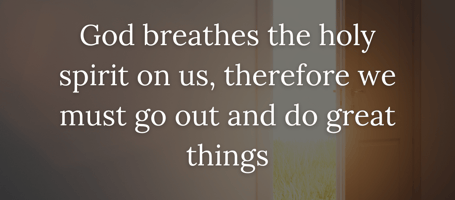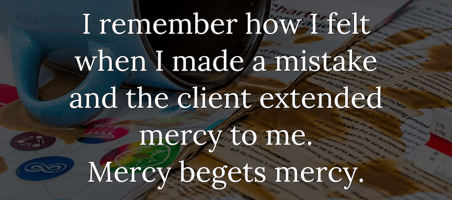During Plymouth Church’s Just Peace Sunday worship services, we pray for worldwide peace and...
The Wise ‘Men’: Imperfect People Showing What It Means to Worship God
 Have you ever been to a gender reveal party?
Have you ever been to a gender reveal party?
Gender reveal parties are all the rage – the reception hall is adorned in pink or blue and the couple sends a sealed envelope with details on the baby’s gender to a trusted friend or family member. And that friend or family member sends the information to a bakery where a cake representative of the baby’s gender is made. Sometimes people shoot cannons into the air for the big reveal. But why do we do this?
Epiphany is a time of anticipation of the prophecies of Isaiah:60. As we’ve read in the Hebrew Bible and the Gospel, the Messiah has come into the world. The wise people – the Magi – have anticipation and follow a star to worship Him.
When we look at the story of Matthew 2, we ask ourselves, “Who are the wise people that we are reading about?” One day I was looking through social media and I came across a post by the National Catholic Reporter that shared a painting by Janet McKenzie. It depicts three women of diverse backgrounds visiting baby Jesus. Perhaps you’ve also thought of the three wise men as not men at all. Surely the Magi would’ve asked for directions and arrived a lot sooner if they had been women.
Matthew 2 isn’t just a story about wise men. It’s a story about wise people. But who were they? They were astrologers and truth tellers. They were involved in divination – they were sorcerers. When we read the Old Testament, they are sometimes referred to as pagans or violators of the Old Testament law – and God uses these people to show us the way.
Jesus fought to not only save the righteous but those who have been written off. When we read from the Bible during our Sunday services, who are we writing off? Who doesn’t belong in our book? Who are the wise people? Maybe our narrow minds are causing us to weed out the “sorcerers,” “astrologers,” and “truth tellers” in our everyday lives?
The Gospel of Matthew does not explicitly tell us that there are three Magi. Scholars have deduced that there were three Magi because of the three gifts. Father Benedict T. Viviano, a New Testament scholar and author, believes that women could have possibly been among the Magi in the Matthews narrative. He points out Matthew’s use of the Greek masculine plural “magoi” for Magi, which can be used to include women as well. Matthew’s gospel was meant mainly for a Jewish audience, and there are parallels in the Magi story to the background story of the queen of Sheba, who embarks on a quest for Israelite royal wisdom and comes bearing three gifts fit for a king. In the first book of Kings, Chapter 10:1-29, the queen visits King Solomon with gifts of gold and spices.
So who are the wise people who came to worship Jesus?
At Plymouth Church, we are imperfect people that are drawn together to support one another. That’s what being a person of faith is all about. Plymouth Church is for everyone – imperfect people, people that have been written off, people that have been told that they’ll never amount to anything.
The Magi who brought the gold, frankincense and myrrh are the angels who provided comfort and love when Joseph was told that his wife was pregnant. They’re the shepherds who don’t fit the mold. They are the unclean who came and worshiped them.
Who are the wise people?
We understand that King Herod brought together the finest minds. He brought together Sadducees and Pharisees and all of the religious leaders. They were people who knew where the Messiah was, but they could not answer that question simply because they only studied it. They did not go out and worship like the Magi or the shepherds. They did not go out to serve. They did not go out to protect the baby. They simply kept the knowledge that they had to themselves. The wise ones were the shepherds, the angels and the Magi who all worshiped Him.
Isaiah:60 reminds us that those who may have been written off – who may identify with the shepherd or the Magi – maybe they are also the wise ones. Maybe the wise people aren’t just the religious teachers or those who are in positions of power.
At the start of this New Year, let us remember that God has called us to let our light shine before all men and women. We want to declare for all to see a God who is a light for all people, not just some people. Because there are people who need to hear that message.




